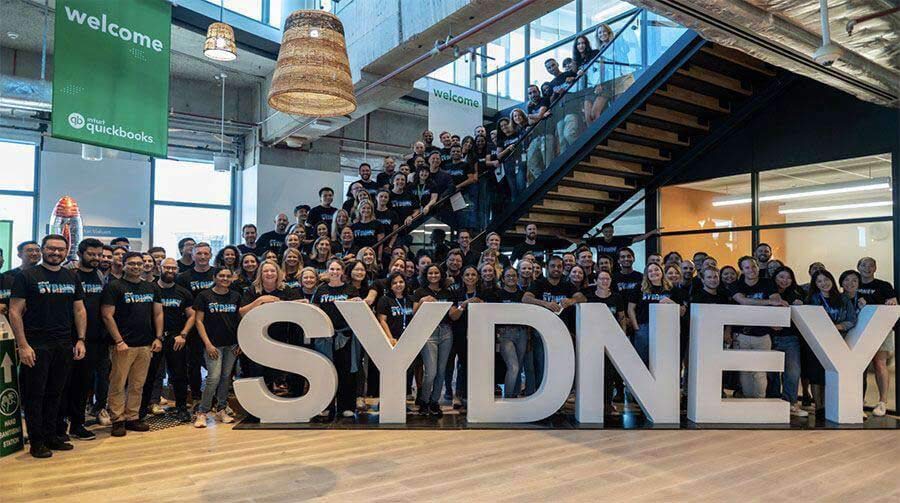Update: As of 23 June 2023, the Federal Government has announced $1.5 billion in tax incentives for small to medium businesses. This investment includes the enactment of the Technology Investment Boost, an initiative proposed by the Morrison Government in the 2022 Federal Budget.
If you’re a small business with an annual turnover of less than $50 million you will be able to deduct an additional 20% of the cost of business expenses and depreciating assets that support digital uptake, including your QuickBooks Online subscription. This relief will be backdated to March 29, 2022.












.jpg)






